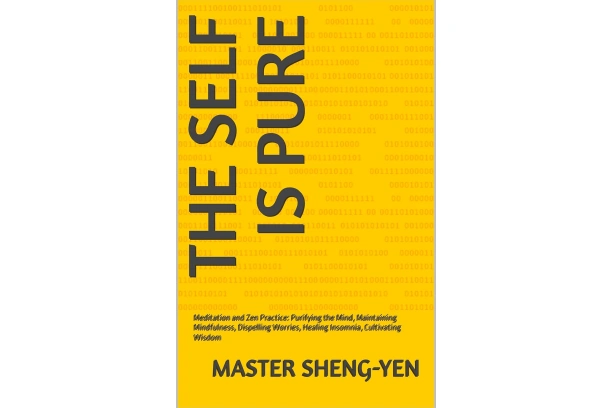Understanding and Releasing Negative Emotions
How Do Hurtful Emotions Affect Your Mind?
Meditation is an effective tool for managing negative emotions. Negative feelings can be uncomfortable and hard to resist, and trying to ignore or push them away often makes them worse. Through meditation, we can understand our emotions without defining them, improving our self-awareness in the process.
Accepting and understanding emotions as a natural part of life helps us recognize their protective role. For instance, anger can be a positive force, helping us set boundaries, much like a mother bear protects her cubs. Healthy anger is acknowledged, expressed, and released once the threat is gone. However, when we cling to anger or other emotions—whether knowingly or not—they turn negative. Avoiding or escaping from emotions may seem normal, but it can be harmful, leading to further pain.

Ways Emotions Can Harm Us When Mismanaged:
- Over-identification: Constantly ruminating on an emotion and associating it with other things can cause it to intensify rapidly, like a spiral. Connecting these emotions to stories only triggers more feelings.
- Persistence: Emotions, like all mental activity, emerge, linger, and eventually fade. But sometimes, our emotions feel so intense that we mistakenly think they’re permanent, which can lead to obsession, overthinking, and excessive identification.
- Rigidity: We often label uncomfortable emotions as negative, but that’s not the only way to understand them. All emotions, even anger, can play a healthy role. Every emotion can be viewed from multiple perspectives.
- Loneliness: When we experience intense, unwelcome emotions, we can feel as though we’re entirely alone in our suffering.

Why Does Meditation Help in Releasing Emotions?
Releasing negative emotions doesn’t mean stopping them from arising. The mind’s thoughts and emotions are complex and active. Meditation isn’t about erasing emotions; rather, through practice, we learn to handle them more effectively and gently release them.
During meditation, you can let go of negative emotions in the following ways:
- Recognize Your True Self: In meditation, observe your emotions and understand that you are not your emotions; instead, you are the steady, unaffected witness who notices them.
- Embrace Impermanence: In meditation, notice how your emotions constantly come and go, revealing that impermanence is the true constant.
- Be Open to New Perspectives: By separating emotions from the stories attached to them, you realize that no single emotion can be defined as absolutely good or bad. Emotions are always changing and can improve.
- Recognize That You Are Not Alone: Meditation allows you to explore the truth of shared human experiences. Every emotion you feel has been felt by countless others. Meditation opens your heart, helping you express more gratitude for yourself and others.

How to Use Meditation to Release Emotions
When you sit for meditation, observe which emotions are present. Stay neutral and curious about your feelings. Observe your emotions from a distance to ease any over-identification.
As you become more familiar with your emotions and their physical sensations, you’ll notice subtle details you may have missed before. By observing the movement and changes in your emotions, you’ll loosen the mind’s rigid definitions of permanence and solidity. The inner space you create allows you to invite your emotions into this space. Try saying something like, “Thank you, you’ve served your purpose. I don’t need you now; you can move on.”
You can also communicate with your emotions: find a safe space to allow yourself to cry if needed. During meditation, ask your emotions what they need. Finally, as you deepen your practice, you may find that meditation helps you gently release stored emotions and promote personal growth.
At first, this process might not be easy, but each time you acknowledge your emotions inwardly and treat them with kindness, you release some of the accumulated emotional weight, fostering your growth. If you want to find a pure place in your heart, you can take a look at our book: . Perhaps you can find your peace of mind in this book.








